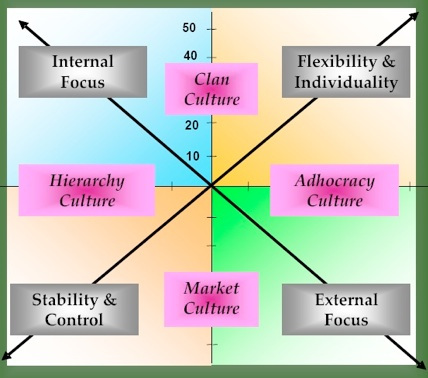Managing People is a Science

Looking back over the last 100 years, we can now pool the best work from the developing field of psychology with more recent findings from the world of neuroscience. As a result, there are more accurate ways to measure aspects of personality and in consequence, make people aware of their strengths and their weaknesses.
In addition, MRI brain scans add detail by showing how people react in certain situations and even in which parts of the brain they make decisions (it's not where you think!).
Our Approach
At Lazy Horses, by focusing separately on the rational thinking brain and the emotional, instinctive brain, we build up the individual components that you need to work better and to understand where team colleagues and others are coming from. Then we pull both approaches together and work on the communication skills needed to work effectively with a specific target audience or in situations that up to now may have proven to be difficult. Yes; there's still a lot of art and interpretation, but the field is getting more scientific support.
In addition, MRI brain scans add detail by showing how people react in certain situations and even in which parts of the brain they make decisions (it's not where you think!).
Our Approach
At Lazy Horses, by focusing separately on the rational thinking brain and the emotional, instinctive brain, we build up the individual components that you need to work better and to understand where team colleagues and others are coming from. Then we pull both approaches together and work on the communication skills needed to work effectively with a specific target audience or in situations that up to now may have proven to be difficult. Yes; there's still a lot of art and interpretation, but the field is getting more scientific support.


